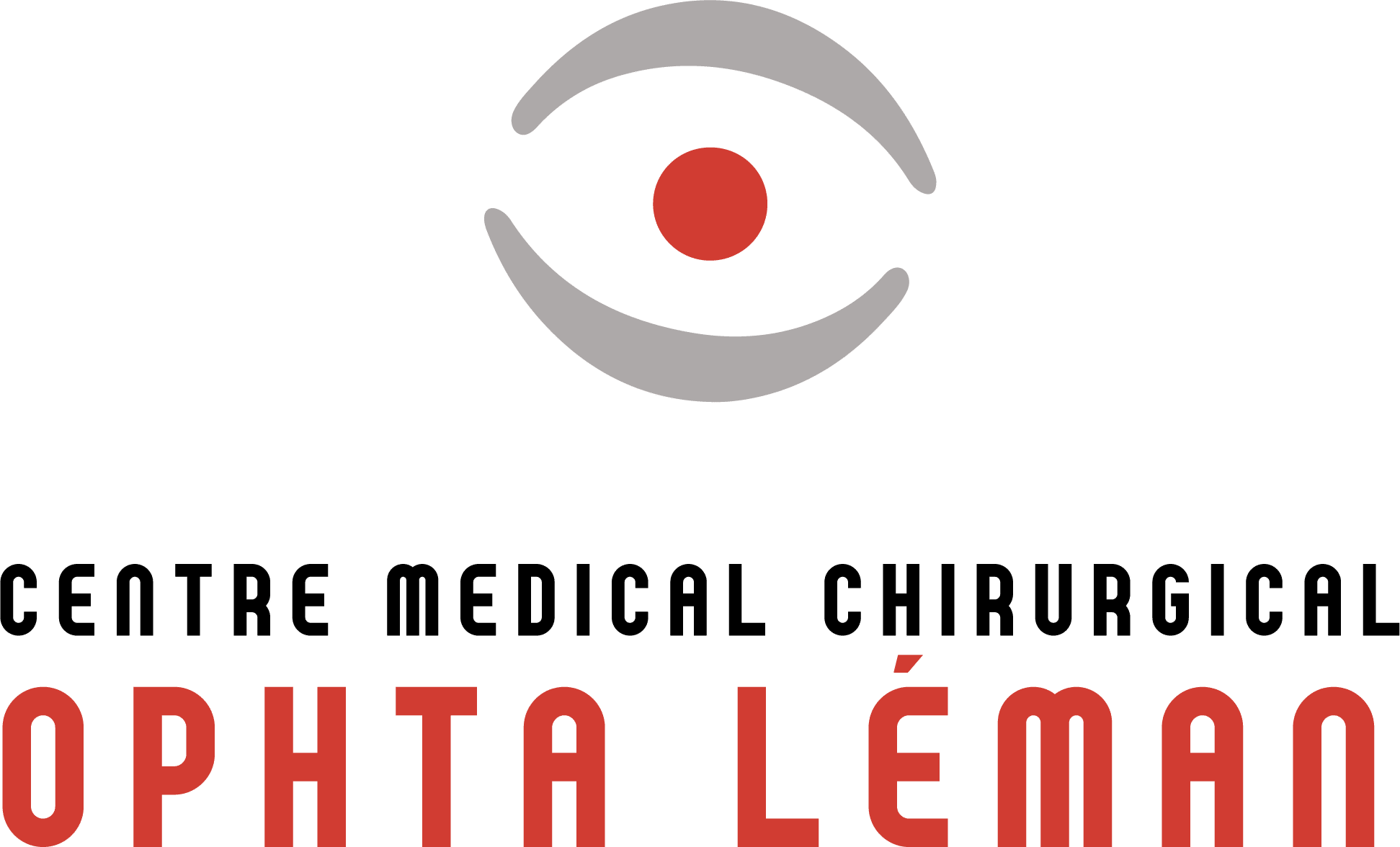CATARACTS
Cataracts cause the gradual and even clouding of the crystalline lens, which is the eye’s natural lens. This pathology usually develops after 65 years of age, and surgery takes place at around age 72 on average. This surgery has been performed regularly for decades throughout Switzerland.
Fast (taking just 20 minutes) and precise, the procedure gives immediate results with no complications, and is usually performed under local anesthesia.
With the help of the tests carried out with a biometer in our centre, the patient will very quickly regain good sight. The operation also allows for the possibility of correcting the various ametropia (astigmatism, myopia, hyperopia) by using monofocal, toric or multifocal intraocular implants.
WHICH TYPE OF IMPLANT WILL BE CHOSEN BY THE OPHTHALMOLOGIST SURGEON?
The crystalline lens acts as a natural lens inside the eye, which partly corrects sight by accommodating near vision (zoom effect) in particular. When it becomes cloudy, near vision deteriorates: this is what we call cataracts.
Surgery, performed by our ophthalmologist surgeons, is the only treatment. During the operation, the cataract is replaced by a transparent implant, made from a biocompatible material and providing the required optical correction.
Depending on your vision defects, there are different possible solutions and types of implants:
MONOFOCAL IMPLANT
These are the most widely used implants for replacing the crystalline lens. They are very effective in correcting myopia or hyperopia, but not astigmatism or presbyopia.
In the case of hyperopia, they will allow you to see well from a distance without glasses, but not up close.
These implants are generally paid for by your health insurance fund.
TORIC IMPLANT
This type of implant corrects astigmatism and hyperopia or myopia.
When you have a significant degree of astigmatism (greater than 1 Diopter) it is advisable to choose this type of implant because your distance vision without glasses will be much better.
Toric implants do not correct near vision, for which you will need glasses.
They are not covered by health insurance companies, and you will have to pay an additional amount of around CHF 600 to CHF 1,500 per implant: call your insurance provider for further information.
MULTIFOCAL IMPLANT
These implants correct near and far vision without glasses!
They can also be toric and correct astigmatism. In 90% of cases, it will no longer be necessary to wear glasses for day-to-day activities.
Reading, driving, crafts/DIY, playing cards, looking at your smartphone or working on a computer are all effortless. For more demanding activities, such as driving at night or to perform professional precision activities (Watchmaking, Micro mechanics, etc.), it may be necessary to have a pair of complementary glasses to reduce strain on the eye.
Certain rare and unusual side effects, such as seeing luminous halos at night, can occur.
These lenses are contraindicated if you have other eye diseases: glaucoma, AMD, macular edema, etc.
They are not generally covered by health insurance, which is why a supplement of between 300 and 1500 CHF per implant will apply. Some health insurance providers cover them in part. Do not hesitate to inquire directly.
Whether you want to do without your glasses completely, use your near vision to read for several hours a day or distance vision to drive for example, a suitable solution exists for everyone.
MARTIGNY
Adress :
Centre médical Vigimed
Rue du Léman 18B
1920 Martigny
Phone no. : 027.722.29.31
Email :
martigny@ophtaleman.ch
CLARENS
Adress :
Clinique CIC
Rue du Grammont 2
1815 Clarens
Phone no. : 021.964.49.63
Email :
clarens@ophtaleman.ch
